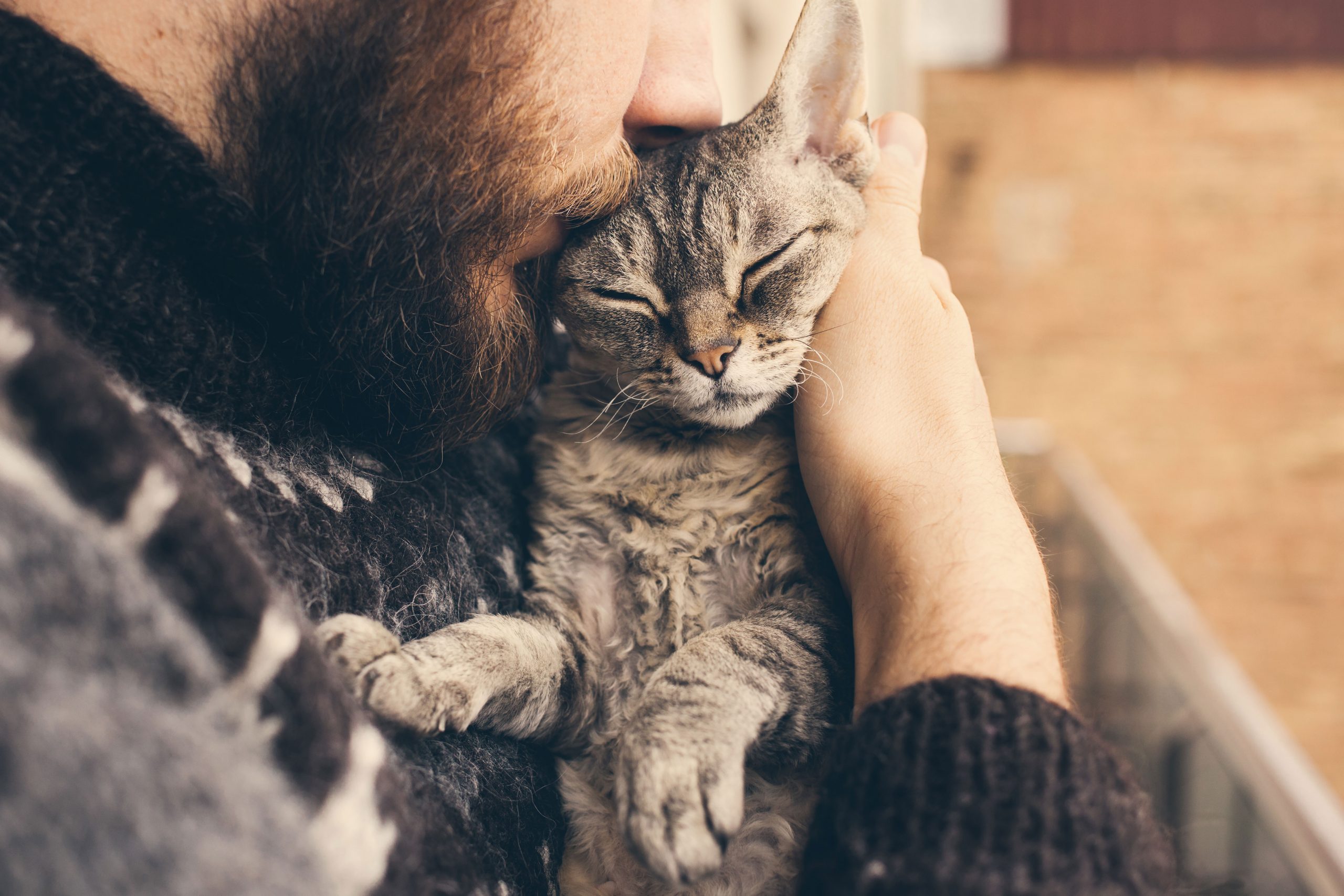The benefits of pet ownership are well-documented. From the powerful role they play in preventing loneliness to the evidence suggesting they can even help lower blood pressure; pets have the ability to bring a lot of joy into people’s lives. Less discussed, perhaps, is the level of responsibility and commitment needed to care for them over the long-term. 20% of owners who took part in research for the 2022 PDSA Animal Wellbeing (PAW) Report said they didn’t do any research before acquiring their pet. In this blog post, we’ll explain why responsible pet ownership is so important and outline some of the considerations would-be owners should take into account.
The key factors to consider
Will pet ownership put you under pressure?
Veterinary care, food, bedding, toys, and training are just some of the costs associated with pet ownership. Did you know, for example, that over the average 12-year lifespan of a dog, estimated costs of ownership range from £6,500 – £33,000, according to the Pet Advertising Advisory Group (PAAG).
If the economic burden of pet ownership is going to be too great, the experience risks becoming stressful, and this downside may overshadow any positive benefits.
Do you have time for quality time?
Spending quality time together is not a ‘love language’ exclusively reserved for humans. For many animals, particularly dogs, companionship is integral to their wellbeing. Neglecting the emotional needs of a pet, even if they are otherwise well provided for, can cause a range of behavioural issues.
What’s your lifestyle like?
Your lifestyle is a crucial factor when it comes to making decisions about pet ownership. If you live alone and spend most of your time at the office, it may not be a great idea to get a pet that requires a high level of human interaction. Likewise, if you live near a busy road or don’t have any garden space, it isn’t advisable to get a cat that enjoys roaming around outdoors. Another consideration is travel. If this is something you do frequently, owning a pet might become an expensive endeavour if you don’t have family members nearby who can look after them in your absence.
Do other members of your household want a pet?
If you don’t live alone, you should consult with the other members of your household before getting a pet. Similarly, if your child is asking for a pet, you should consider how willing you are – as an adult – to take on the bulk of the caregiving responsibilities. No matter your child’s protestations to the contrary, the younger they are, the less likely they will be to fulfil all of an animal’s needs.
Are you emotionally ready?
The psychological impact of losing a pet can be difficult to deal with. Although dealing with grief and loss is an integral part of life for us all, it is still something to consider before adopting or buying an animal.
Why is responsible pet ownership so important?
It’s important for animal welfare
Put simply, responsible pet ownership is the right thing to do. When kept in less-than-optimum conditions, certain breeds of animal can become destructive; in rare scenarios they may even pose a physical danger to the people around them. So, at best, you could end up with torn up furniture or chewed skirting boards. At worst, your pet could develop a behavioural problem that may manifest as aggression. Likewise, if you aren’t aware of – or able to – fulfil the regular duties of a responsible pet owner (regular claw clipping or deworming treatments, for example), your animal risks developing health concerns that may require veterinary treatment. Health and wellbeing is the main reason why meeting the environmental, emotional, behavioural and health needs of your pet is so important, and, of course, feeding your pet a complete and balanced diet of quality pet food is an integral part of that.
It takes pressure off rescues
If you cannot look after your pet because you aren’t able to fulfil their needs, you can contact rescues to rehome them. However, most UK rescues are at capacity, with many stretched to breaking point. Being a responsible pet owner by researching the needs of your pet before purchasing or adopting them, and by meeting their needs sufficiently to prevent behavioural problems, reduces the risk of having to give them up and alleviates pressure from these organisations.
Ultimately, owning a pet can be a fulfilling and joyful experience with a range of benefits to your health and wellbeing. But it’s a long-term commitment that can only be prepared for through thorough research and thoughtful consideration.
